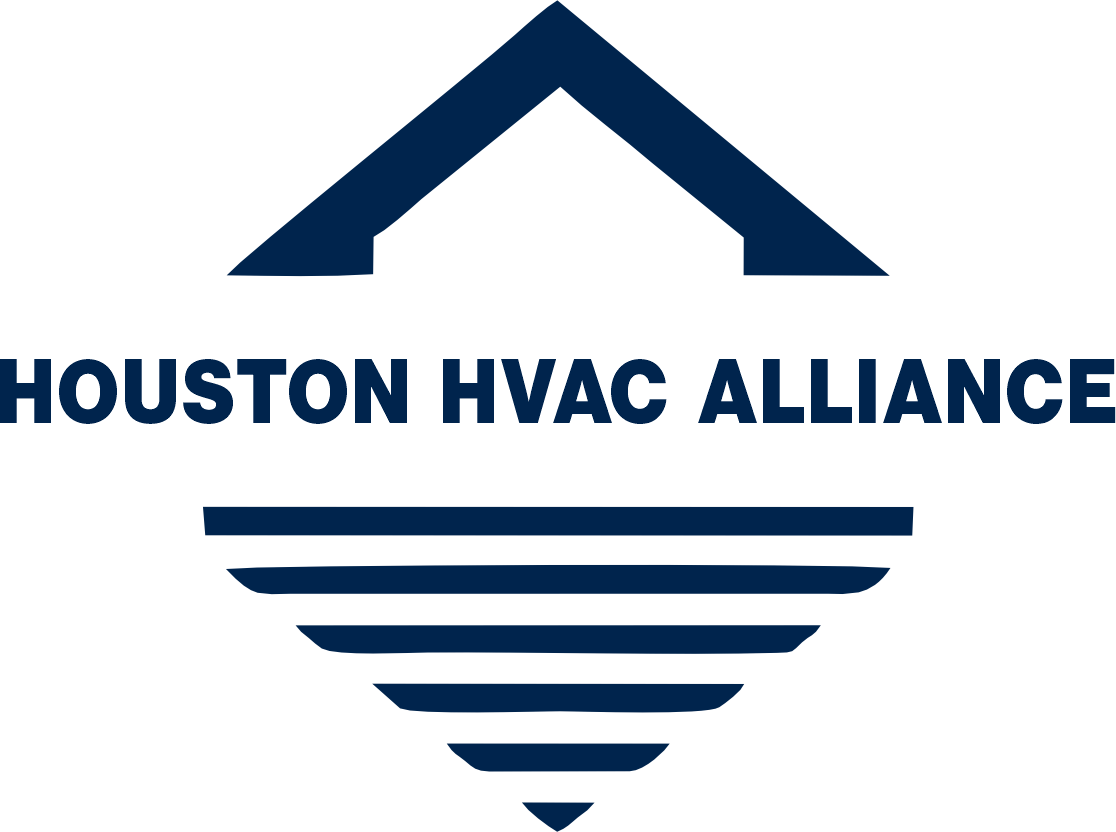FAQ
GENERAL HVAC
According to studies created by the Environmental Protection Agency, exposure to air pollutants indoors can be up to 100 times higher than outdoors. Frequently dusting and vacuuming your home can help reduce the amount of dust and dust mites, but not all airborne particles can be eliminated. Air filtration devices can help eliminate the particles that are too small to be caught by just vacuuming.
Some filtration device options include UV light units, air filters, electronic air cleaners, energy recovery ventilators (ERVs), and heat recovery ventilators (HRVs). Call SouthCoast Heat & Air for more information about which indoor air improvement devices are right for you.
Every person and every home has different needs. We can help determine the right solution for you by determining which triggers and irritants are affecting your health and comfort. High threshold levels may only need something as simple as a better air filter. Low threshold levels may require an air purification system to help reduce triggers and irritants. Reach out to the team at SouthCoast Heat & Air for more information about which indoor air improvement devices are right for you and your family’s needs!
Many people try to cover up indoor odors by spraying air fresheners or lighting scented candles. Unfortunately, this only masks the odors and it doesn’t get rid of them. These remedies can also negatively affect indoor air quality due to chemicals that can cause allergic reactions or eye irritation for homeowners.
The root of your home’s odor problems could be:
- Bacteria
- Dust mites
- Animal dander
- Cat saliva
- Or mold
One method to purify the air is by installing germicidal (UV) lights in your home. UV lights help kill odors and inhibit the growth of biological contaminants which sterilizes surfaces in the HVAC system. They also purify the air and prevent the growth of contaminants.
Sometimes, the cause of unpleasant indoor odors is poor ventilation. Moisture condensation on the walls and windows and stagnate air are all signs of poor ventilation. A qualified SouthCoast Heat & Air technician can inspect your home to determine if this is an issue that should be addressed. Our technician can also give you a solution on how to solve the ventilation system’s ability to correctly circulate and ventilate indoor air.
Here are a few quicks tips to increase the efficiency and life of your home’s cooling and heating systems:
- Ensure that your filters are cleaned and replaced frequently
- Keep your blower in the “on” position. The blower provides constant air movement throughout the home and allows for better filtration and your system will heat and cool more evenly when it is on
- Consider installing shades, drapes, shutters, or screens on windows or doors that are exposed to extreme sunlight to keep room temperatures at moderate levels
When it comes to AC units, bigger isn’t always better. It is the performance and efficiency of the unit that count! Before purchasing a replacement air conditioning system, you should make sure that your system is sized properly to match both your needs and your budget. A SouthCoast HVAC expert will thoroughly assess your home and comfort requirements in order to determine the proper size and make the appropriate recommendation for you.
Many people try to cover up indoor odors by spraying air fresheners or lighting scented candles. Unfortunately, this only masks the odors and it doesn’t get rid of them. These remedies can also negatively affect indoor air quality due to chemicals that can cause allergic reactions or eye irritation for homeowners.
The root of your home’s odor problems could be:
- Bacteria
- Dust mites
- Animal dander
- Cat saliva
- Or mold
One method to purify the air is by installing germicidal (UV) lights in your home. UV lights help kill odors and inhibit the growth of biological contaminants which sterilizes surfaces in the HVAC system. They also purify the air and prevent the growth of contaminants.
Sometimes, the cause of unpleasant indoor odors is poor ventilation. Moisture condensation on the walls and windows and stagnate air are all signs of poor ventilation. A qualified SouthCoast Heat & Air technician can inspect your home to determine if this is an issue that should be addressed. Our technician can also give you a solution on how to solve the ventilation system’s ability to correctly circulate and ventilate indoor air.
Here are a few quicks tips to increase the efficiency and life of your home’s cooling and heating systems:
- Ensure that your filters are cleaned and replaced frequently
- Keep your blower in the “on” position. The blower provides constant air movement throughout the home and allows for better filtration and your system will heat and cool more evenly when it is on
- Consider installing shades, drapes, shutters, or screens on windows or doors that are exposed to extreme sunlight to keep room temperatures at moderate levels
When it comes to AC units, bigger isn’t always better. It is the performance and efficiency of the unit that count! Before purchasing a replacement air conditioning system, you should make sure that your system is sized properly to match both your needs and your budget. A SouthCoast HVAC expert will thoroughly assess your home and comfort requirements in order to determine the proper size and make the appropriate recommendation for you.
Ideal temperature settings will depend on the time of year as well as your personal preferences. During the summer, the average temperature setting is around 75°-80°. In the winter, the average temperature setting is 68°-72°. When leaving your house, attempt to avoid drastic temperature changes. Setting the temperature back more than 5° will cause your unit to work harder to achieve the desired setting.
Loud heating and cooling equipment can definitely contribute to sound pollution. No financial savings are tied to lower sound levels, however, the sound rating of a cooling system can have a significant effect on the comfort of your home. The sound level of an AC or heat pump depends on several factors, including the age of the unit, the make of the unit, and whether or not the compressor is insulated.
Regularly changing your filters helps your heating and cooling system operate at peak levels and improves your indoor air quality. Changing your filters regularly ensures proper airflow and helps keep your home free from dust, allergens, and germs. The type of filter you have will determine if you require weekly or monthly filter replacements. A SouthCoast HVAC technician can help recommend the ideal filters and replacement schedules for your unit(s).
To check if you have an existing warranty, first, locate the label on the outer surface of the equipment for a manufacture date. If the unit is less than five years old it may have a warranty. Sometimes, however, the warranty can be different based on the model. Warranty terms and conditions may change by the manufacturer and the installing company. If you have additional questions regarding warranties, SouthCoast HVAC can verify the warranty status of your heating and cooling system via Get Warranty form.
The most important part of the HVAC maintenance aspect is to maintain an unrestricted airflow. An HVAC system’s worst enemies are dust, dirt, and debris. Whether it’s an indoor or outdoor unit, you must keep your filters clean and heat exchangers and coils free of any restrictions.
At SouthCoast Heat & Air, we recommend that your heating and cooling system be checked and serviced twice a year. We recommend a tune-up in the spring and autumn. On top of that, we recommend that you change your filters regularly. This alone can help eliminate the most common HVAC issues that need fixing and can reduce the likelihood of a serious breakdown significantly.
HVAC stands for Heating, Ventilation, and Air Conditioning. HVAC is a term used to depict the entire heating and cooling system including the ductwork, air filters, humidification controls, and registers.


